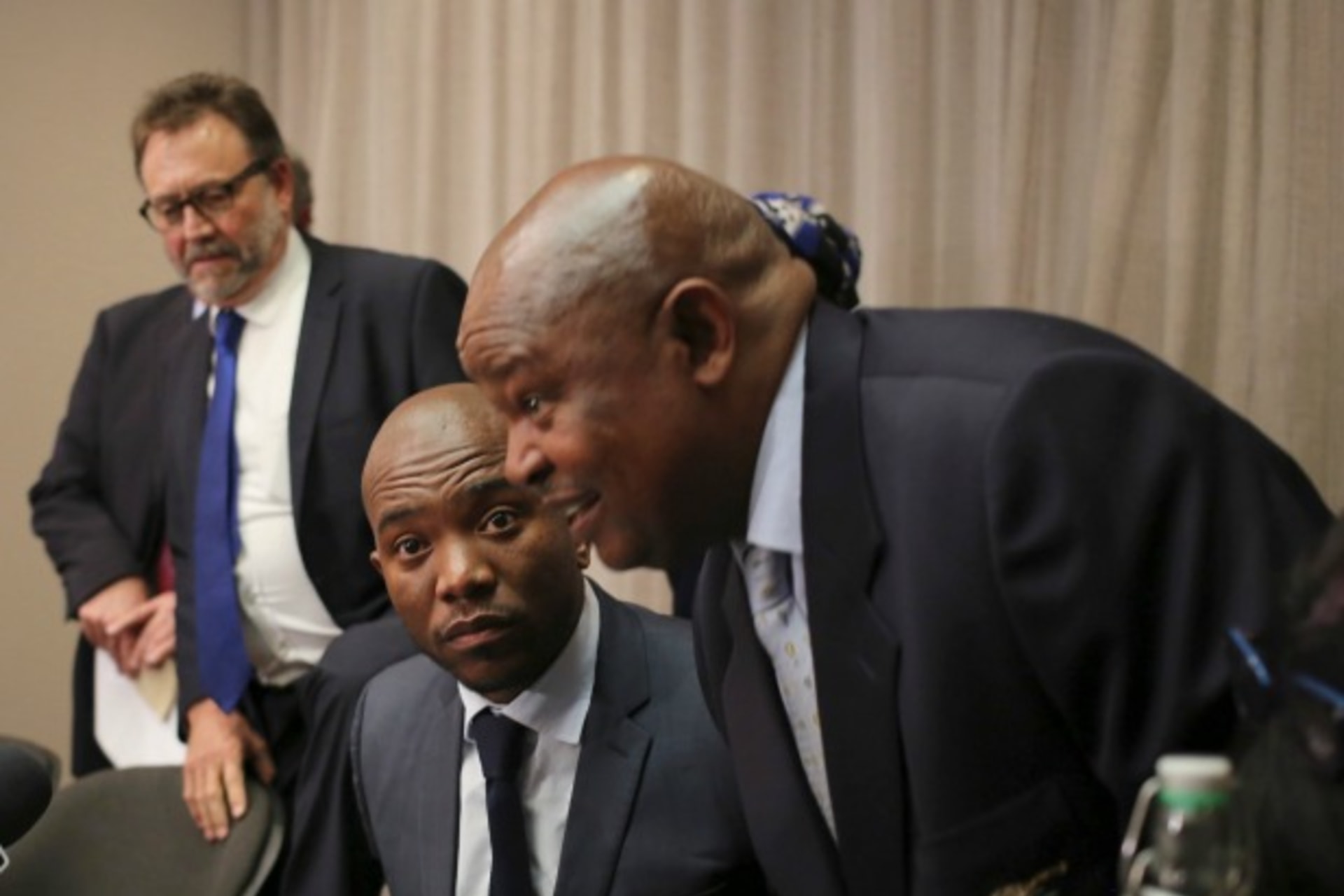The New Architecture of South African Politics

By experts and staff
- Published
By
- John CampbellRalph Bunche Senior Fellow for Africa Policy Studies
Following the governing African National Congress’s (ANC) decline in the August 3 municipal elections, in effect a referendum on the scandal plagued administration of President Jacob Zuma, South African politics looks dramatically different. The big winners were the formal opposition, the Democratic Alliance (DA), and the Economic Freedom Fighters (EFF), a radical party based in the townships. But, minority parties are also more important now. In the elections, in four metropolitan areas and twenty-three smaller local councils, no single party secured the necessary 50 percent plus one majority. A largely monolithic ANC (it had controlled all of the major metropolitan areas except Cape Town and still has a huge majority in the National Assembly), now faces multiparty coalitions in Johannesburg, Tshwane (Pretoria), Nelson Mandela Bay (Port Elizabeth), and Rustenburg. These metros are at the heart of South Africa’s modern economy; Johannesburg is the richest city in sub-Saharan Africa and the country’s economic engine. Of the largest metros, the ANC retains unchallenged control only of Durban.
Since the elections, in the large metros, the EFF has been in the catbird seat. Were it to support the ANC, the latter could form a municipal government; the same would be true if it threw its support to the DA. In the twenty-three smaller councils, some of the minority parties were able to play a similar role, enhancing their importance. In some areas, the parties joined the DA in formal coalitions, thereby excluding the EFF. On August 17, the EFF announced that it would enter no formal coalitions with either the ANC or the DA in the large metros. Instead, in Johannesburg, Tshwane, Nelson Mandela Bay, and Rustenburg, it supported the DA. That allowed the DA to organize the municipal governments in three of the four metros meeting the August 24 deadline, in Johannesburg, Tshwane, and Nelson Mandela Bay.
The new opportunities and the risks for the DA are large. It has the reputation of being the party of good governance. However, it will be a minority government in the disputed metros. Should it fall short on service delivery in the townships, the EFF will not have to carry any of the responsibility. On the other hand, if it enjoys measurable success before the national elections in 2019, it will have gone a long way toward establishing itself as an alternative to the ANC as the party of government.
As for the ANC, the National Executive Council has taken “collective” responsibility for the party’s electoral failures rather than saddling Jacob Zuma with the blame. This makes it unlikely that the party will “recall” Zuma from the presidency anytime soon. The South African media is speculating that Zuma will reshuffle his cabinet, targeting his communist, labor movement critics, and Praven Gordhan, the finance minister who has opposed Zuma’s policies. Zuma staying on will largely preclude any improvement in the short-term in the official U.S.-South African bilateral relationship.
In Africa, opposition victories in credible elections promote the development of good governance and a democratic culture. The same is true of coalition building, which promotes accountability. Hence, what happened on August 3 and thereafter is good for a democratic South Africa. It should also be noted that the ANC generally accepted the elections and has not challenged the results. Despite the prominence of cronyism and corruption within the Zuma administration, at least some of the party remains democratic at heart. August 3 and the subsequent results has also been good for “non-racial” South Africa, with signs, here and there, that racial identity politics is breaking down. Hence in one disputed council in Limpopo province, the White Freedom Front Plus political party is likely to join a Black coalition, and the new mayor of Port Elizabeth is a Xhosa-speaking White. Taken altogether there is a basis for optimism.